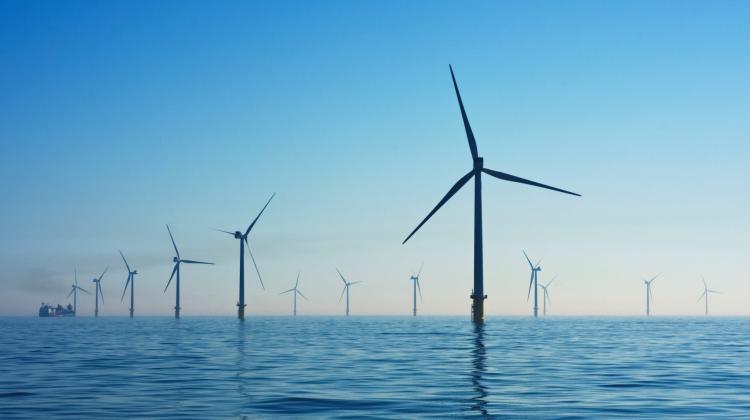Offshore Wind Stakeholder Assessment

Decarbonizing the United States’ energy supplies to meet climate targets will require a rapid transition to renewable energy. Some estimates suggest that renewable energy capacity must expand by 38-67 GW per year by 2030, largely through utility-scale wind and solar deployment. Despite significant financial injections from landmark legislation like the Inflation Reduction Act and the Infrastructure Investment and Jobs Act, roadblocks remain. Chief among these is the growing wave of local opposition halting renewable projects in their tracks. Local governments, in response to citizen concerns, are using zoning and other land use regulations to block the construction of renewable energy facilities across the country.
The MIT Science Impact Collaborative (SIC)’s previous work has shown that this opposition isn't baseless. Traditional permitting processes, which may demand projects be near-complete before seeking public and regulatory input, effectively silence stakeholder voices on crucial decisions. This lack of early engagement may fuel resistance, even among those generally supportive of renewable energy, when potential negative impacts loom without visible benefits or open dialogue.
Offshore wind is a pivotal piece of the puzzle in America's energy and decarbonization strategy, but faces unique hurdles. The challenge of deploying offshore wind encompasses a maze of environmental, social, economic, and regulatory considerations. Success hinges on siting standards that reconcile financial feasibility with environmental stewardship, social equity, legal mandates, and cultural values. Moreover, fostering a harmonious relationship with the ocean's stakeholders, including maritime and fishing sectors, alongside managing public concerns about visual impacts, is paramount.
This project undertakes regulatory and stakeholder research to enable process innovation for offshore wind siting and permitting, including exploring policy and regulatory reforms that will better meet the needs and interests of stakeholders and rights holders involved with and affected by the deployment of offshore wind farms. The SIC aims to convene a non-partisan, joint fact-finding initiative to balance the immense promise of offshore wind with the vested interests of communities, Tribal nations, maritime industries, and local governments, facilitating an environment where every voice can contribute to shaping the future of sustainable energy.


